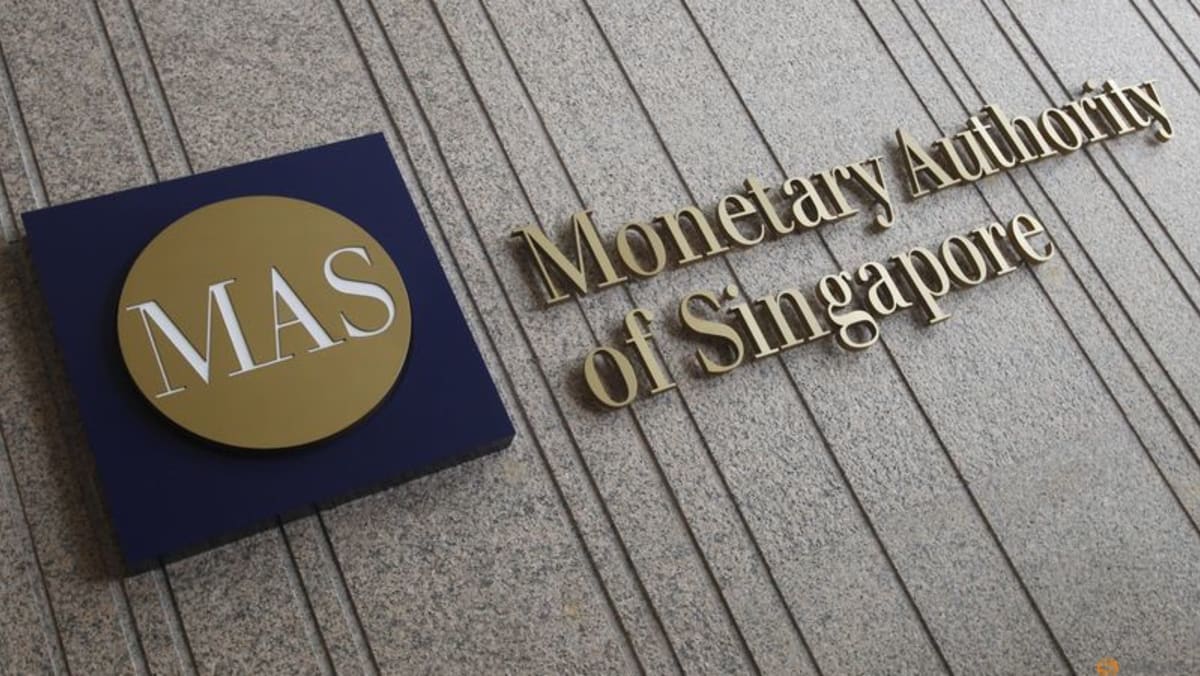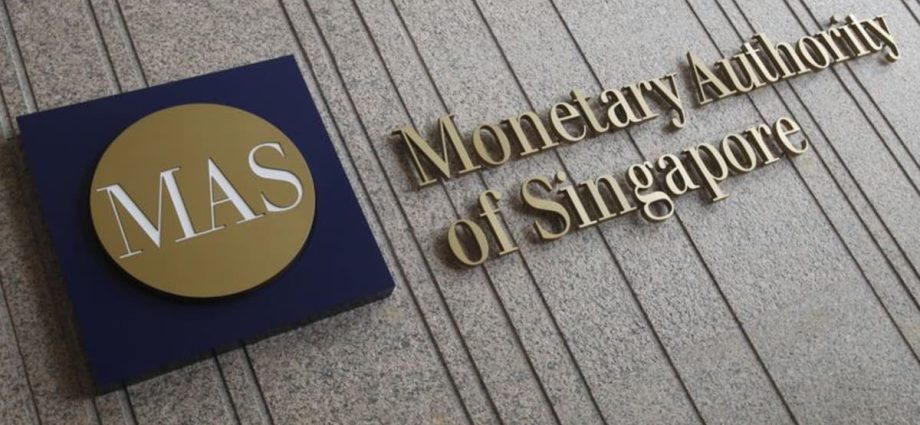
MAS also noted that momentum in the private residential property market has moderated, with price pressures easing, and transaction activity slowing and stabilising to pre-COVID levels.
Property price growth moderated from 11.4 per cent year-on-year in 1Q2023 to 4.4 per cent year-on-year in 3Q2023.
The transaction volume of private homes in 3Q2023 was about 15 per cent lower year-on-year, with this moderation seen across both new sales and resales.
Foreign demand for private homes in Singapore doubled from about 3 per cent in 2021, during the pandemic, to over 6 per cent in 4Q2022 and 1Q2023 after travel restrictions were eased.
However, MAS noted that after the latest round of market cooling measures in April, foreign demand has fallen to about 4 per cent of total transaction activity in 2023 to date.
The additional buyer’s stamp duty for foreigners buying any home in Singapore doubled to 60 per cent in that round of measures.
Rents also continued to rise but at a much slower pace, at 0.8 per cent quarter-on-quarter in 3Q2023. This is the smallest quarterly gain since end-2020, said MAS.
It expected rental pressures to continue weakening as a large number of homes are expected to be completed from 2023 to 2025 – about double the 20,000 flats finished between 2020 and 2022.
MAS said the global financial system faces increased risks from the interaction of “higher-for-longer” interest rates and latent vulnerabilities built up during the pandemic.
Geopolitical tensions and climate change also have the potential to rapidly turn into significant financial stability risks.
“In particular, an escalation of the Israel-Hamas conflict or Russia’s ongoing war with Ukraine would pose further downside risks to the conjuncture.
“Within the region, a more pronounced slowdown in China from its property sector difficulties could weigh further on the global economy,” said MAS.
It sounded a cautionary note for households.
“Households have managed the transition to higher interest rates well thus far, cushioned by income growth and accumulated savings. Income growth was underpinned by strong labour market conditions,” said MAS.
However, it expected nominal wage gains to moderate amid slower growth and global macroeconomic uncertainties.
“Borrowers should thus remain prudent and maintain their financial buffers where they can, to protect against potential shocks,” said the regulator.

